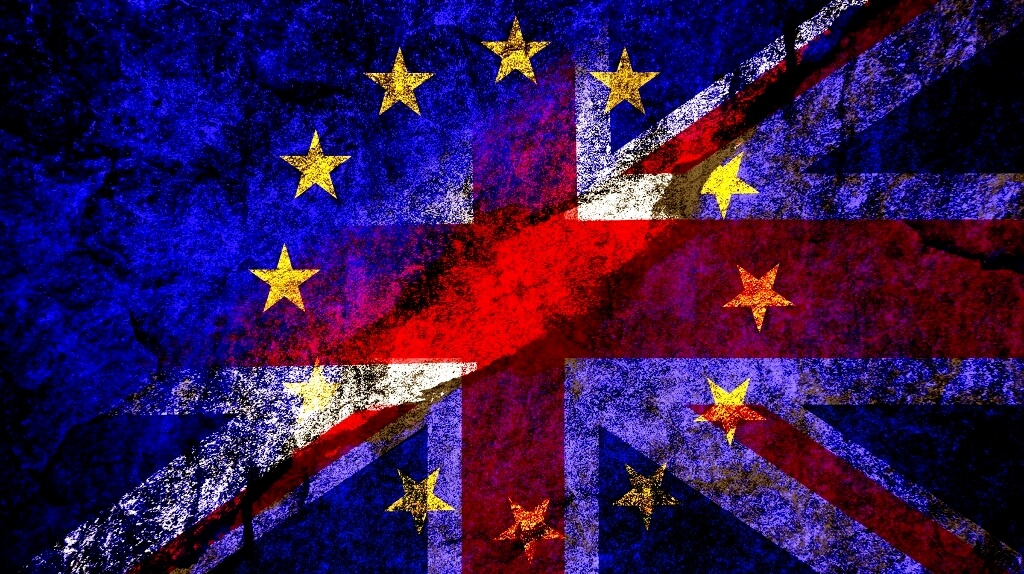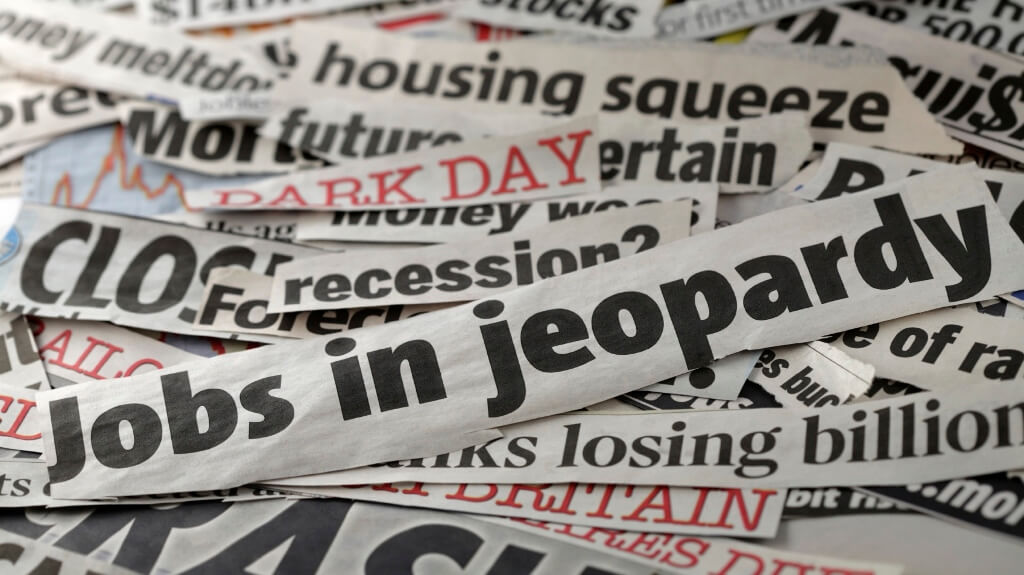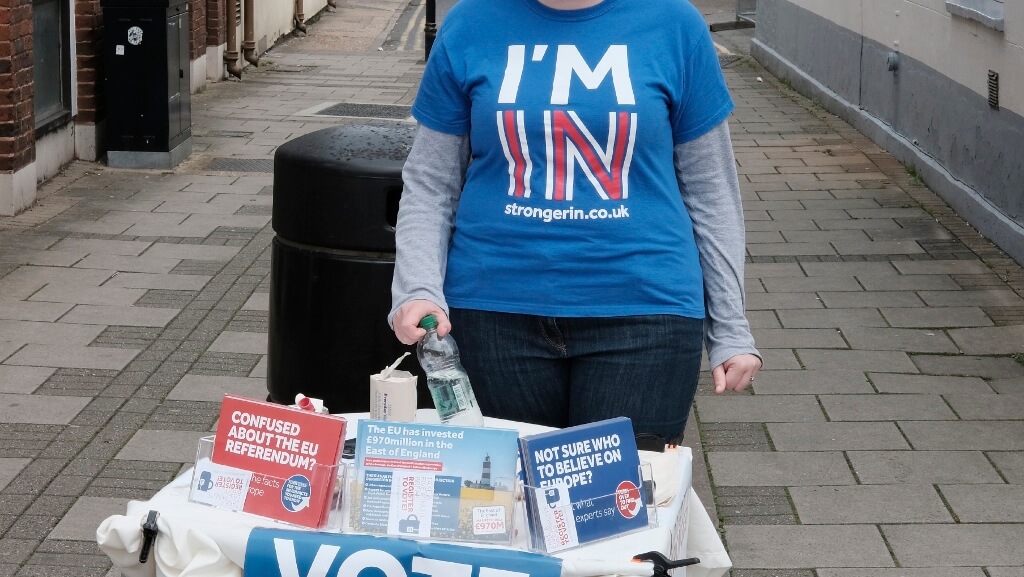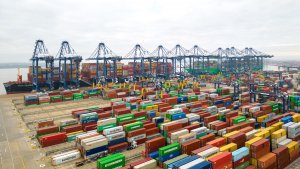In the run-up to the EU referendum, one entrepreneur looks at the British fashion industry, its place within Europe and the challenges for a business caught in the middle of the Brexit debate.
Why I’m Voting To Bremain Not Brexit
In the run-up to the EU referendum, one entrepreneur looks at the British fashion industry, its place within Europe and the challenges for a business caught in the middle of the Brexit debate.

Britain has been trading clothing with Europe for over two thousand years. High ranking soldiers of the Roman army used tin from the Cornish mines mixed with copper to create the alloy in their armour, and by the time of William the Conqueror’s Domesday book in 1086, we were importing linen, fustian and silks from the Low Countries and France.
Later, in medieval Britain, we developed the production of our own wool, and began exporting back over the channel.
Under Edward III, the woollen industry became known as the ‘jewel in the realm’ for the wealth it brought the country. To this day, the seat of the Lord Speaker in the House of Lords is a Woolsack covered in a red cloth and filled with wools from around the commonwealth.
Then, as now, the Woolsack serves as a reminder of the economic importance of our clothing and textiles trade.
The threat of Brexit
And it’s still important. While Paris is the home of many of the world's leading haute couture, the British fashion industry is equally significant. Today, British fashion is worth £26 billion to our economy, supporting almost 800,000 jobs.
Trade with Europe is critical to the industry, with Britain's fashion exports in excess of £6.5 billion. If Britain left Europe and had to renegotiate trade agreements with the EU via the World Trade Organisation, British fashion exporters could find themselves paying the 11% tariff that the EU imposes on clothing imports from outside the Union.
If Britain goes into another recession as a result of a vote to leave the EU, as the IMF has warned, any benefit to exports due to the weakened pound would be offset by the increased cost in purchases and a fall in GDP at home.
Menswear in the middle
My business, Tails, is a Welsh father-and-son menswear business based in the coastal town of Penarth.
My father Mark founded the outfitters Tails and the Unexpected whilst at art college, whilst I launched Tails 1979, our own brand of menswear, last year.
We bridge the gap between worlds, working with Britain's oldest clothing mills while also keeping a global outlook. Whilst benefitting and even depending upon global trade, we are also vulnerable to the caprice of European politics and currency fluctuations.
Tails has extensive links within Europe. EU sales account for around thirty percent of our turnover, while half of our suppliers are European. For example, our suiting comes from Milan, Breton stripes come from Northern France, and berets are made in the Basque Country, on both the Spanish and French sides.
Managing currency risk
In addition to the challenges we could face after the referendum, we have already begun to feel some effects before the vote has even taken place.
Currency is a great example. The pound has significantly weakened ahead of the vote, and we are starting to feel the pinch as our European garment and textile purchases become increasingly expensive.

There has been doom-mongering on both sides, but uncertainty over the vote has already taken its toll
International transfer company, UKForex, has helped manage our currency exposure ahead of the vote, and continues to advise us on potential market movements after the referendum.
It will be watching the vote closely to help us time our summer euro purchases – it’s far better for us to prepare a robust foreign exchange strategy ahead of time, rather than risk our bottom line on unexpected currency fluctuations.
Voting to ‘Bremain’
A British exit of the EU would drastically effect our family clothing business and could fundamentally alter its nature. In the short term, we estimate our European sales would drop off due to customer confusion, and it’s unclear how quickly confidence would recover.
As it stands today, there are three factors that discourage us from exporting further afield – it just isn’t that easy to give up on the EU and start shipping our clothes elsewhere.
Firstly, there’s the question of time. It takes us three days to ship to Denmark, whilst to neighbouring Norway, outside the EU, it takes ten days. Secondly, shipping goods outside of the EU involves duty charges unique to each country – and thirdly, there’s the bureaucracy involved.
From talking with our Scandinavian partners, we know that many Norwegians avoid importing clothing. Not because they can't afford them, but because they don't want to deal with the above. We are concerned that our European customers would discover a similar lethargy were Britain to leave the EU.
Thanks for signing up to Minutehack alerts.
Brilliant editorials heading your way soon.
Okay, Thanks!



